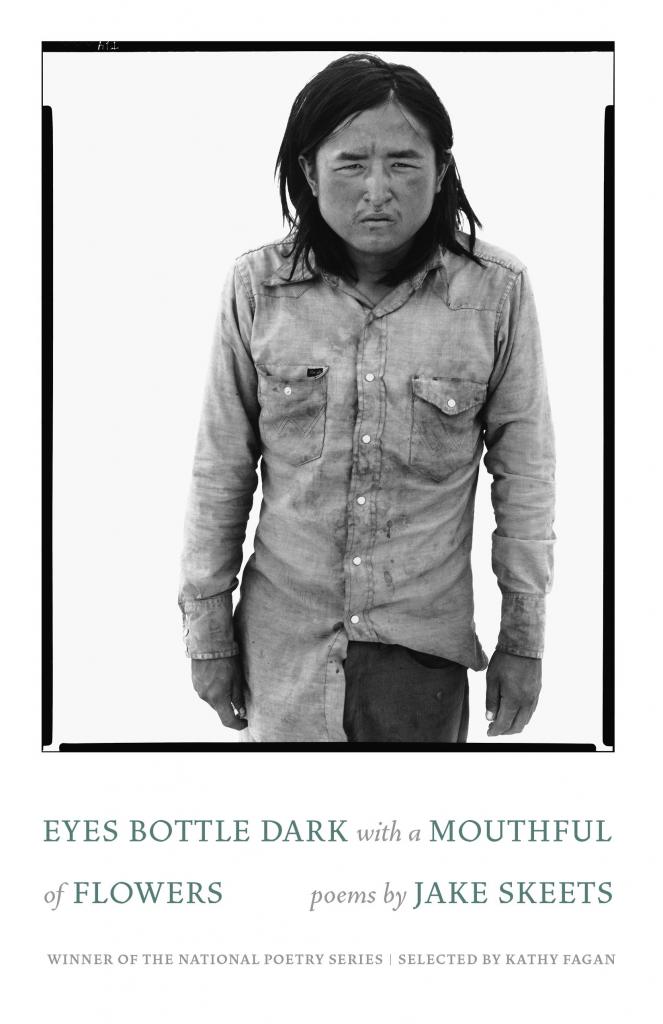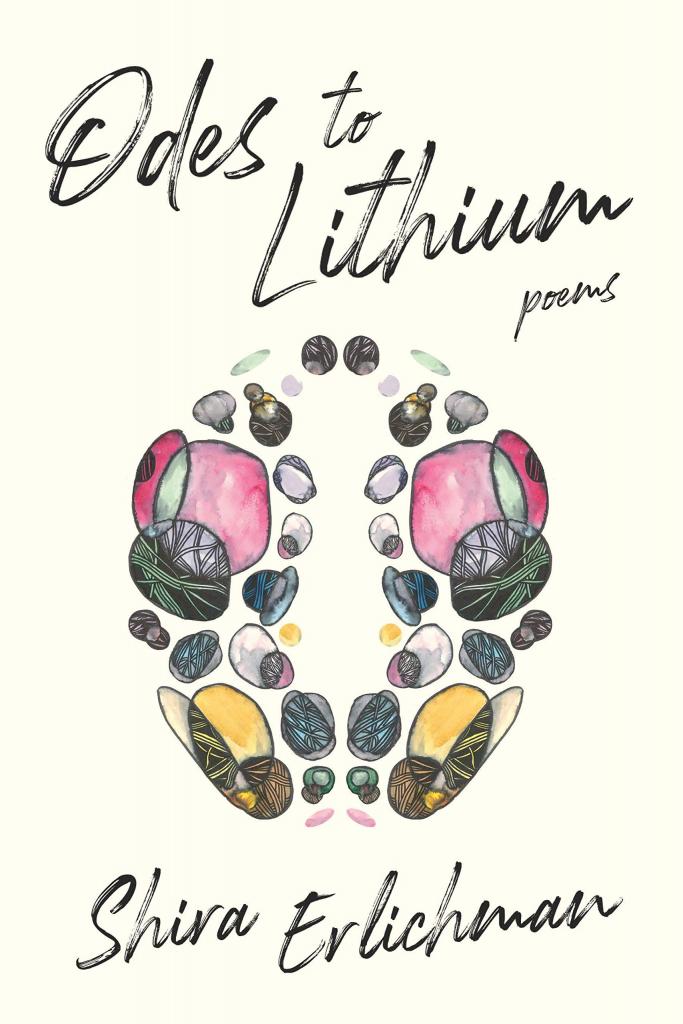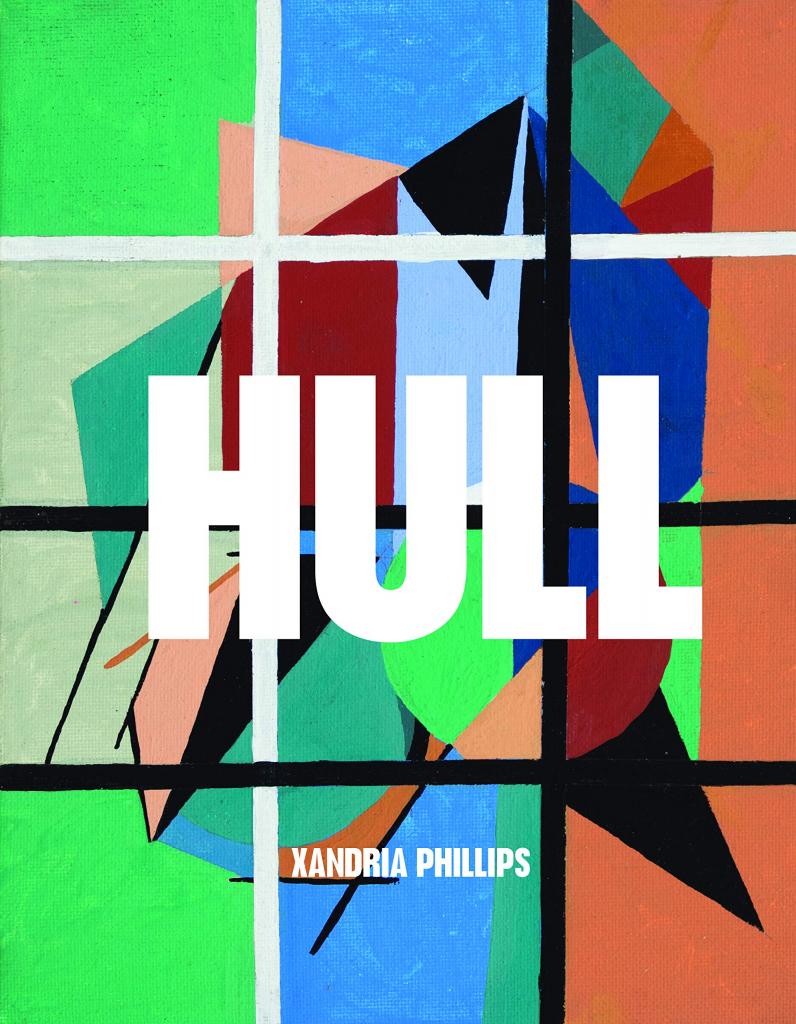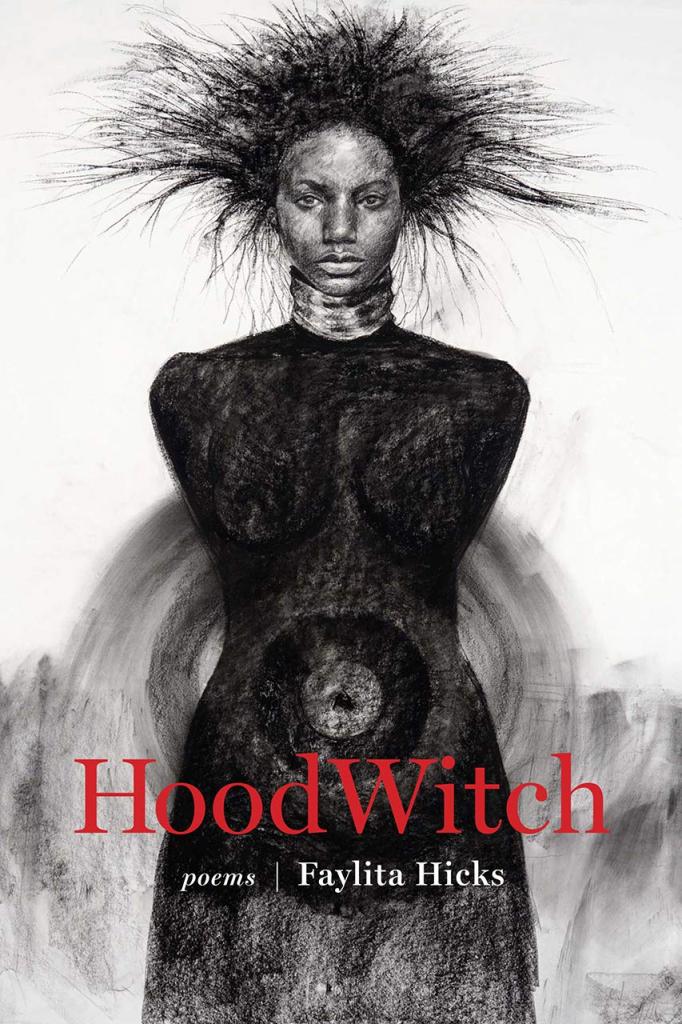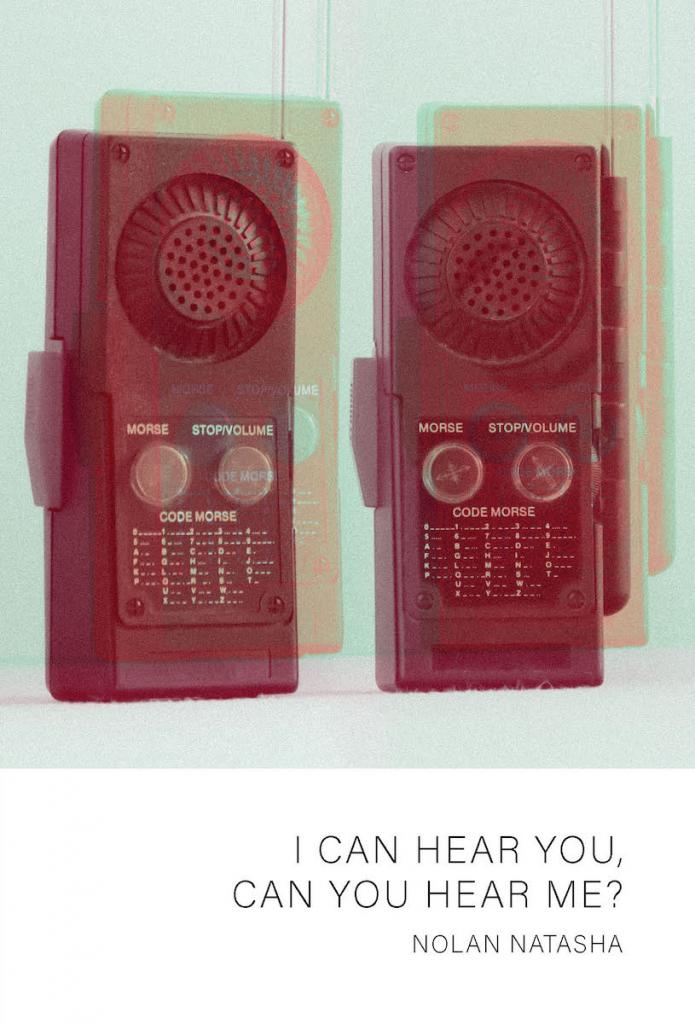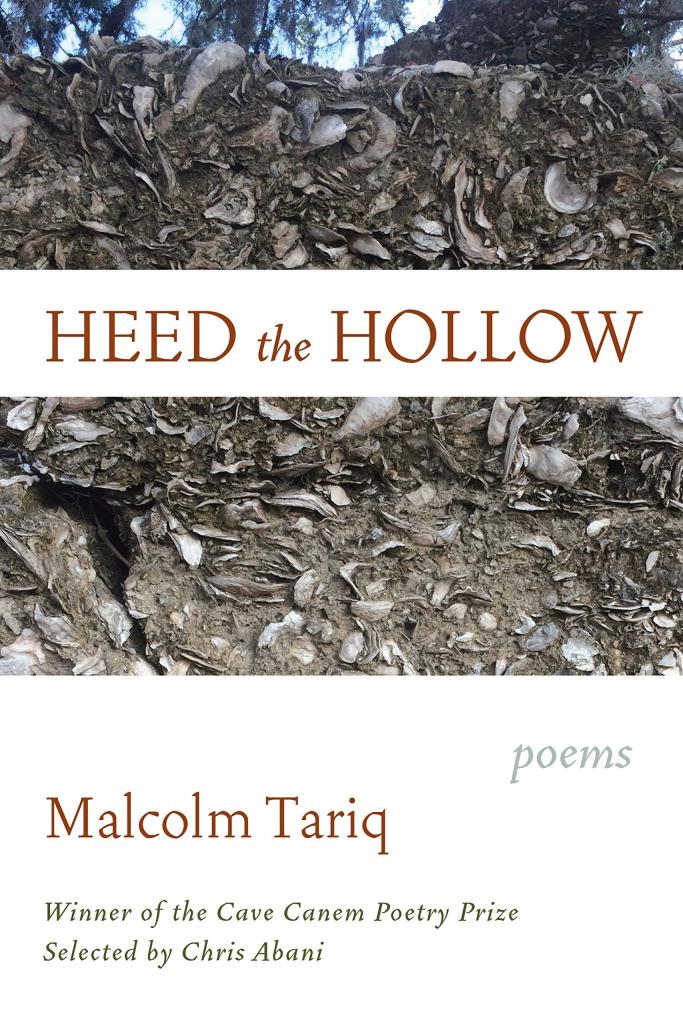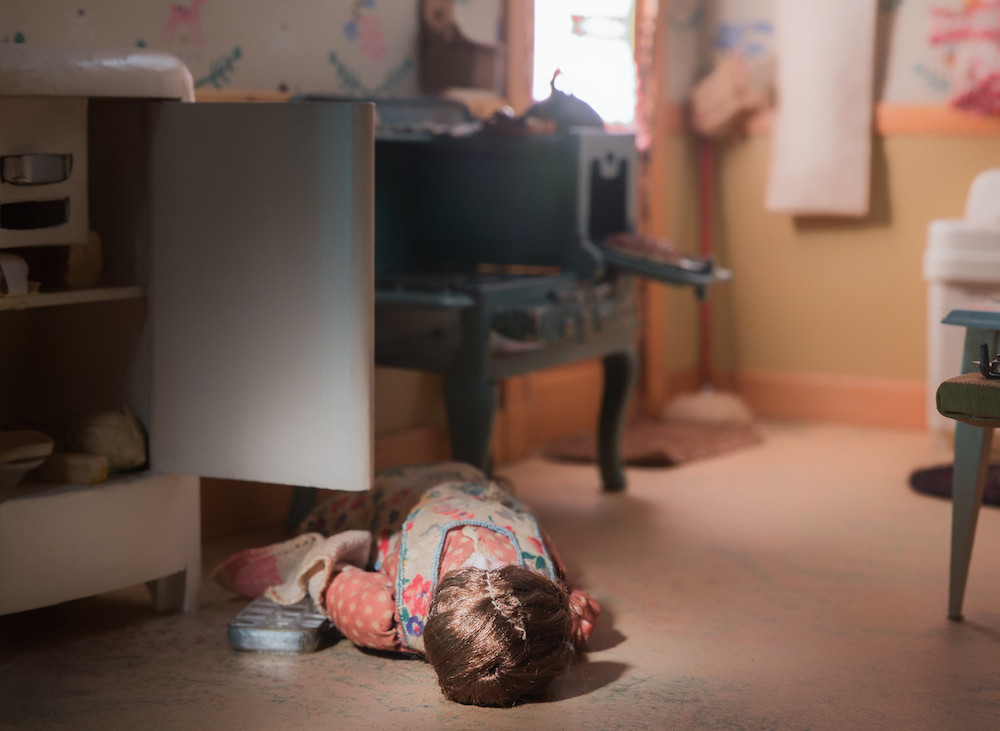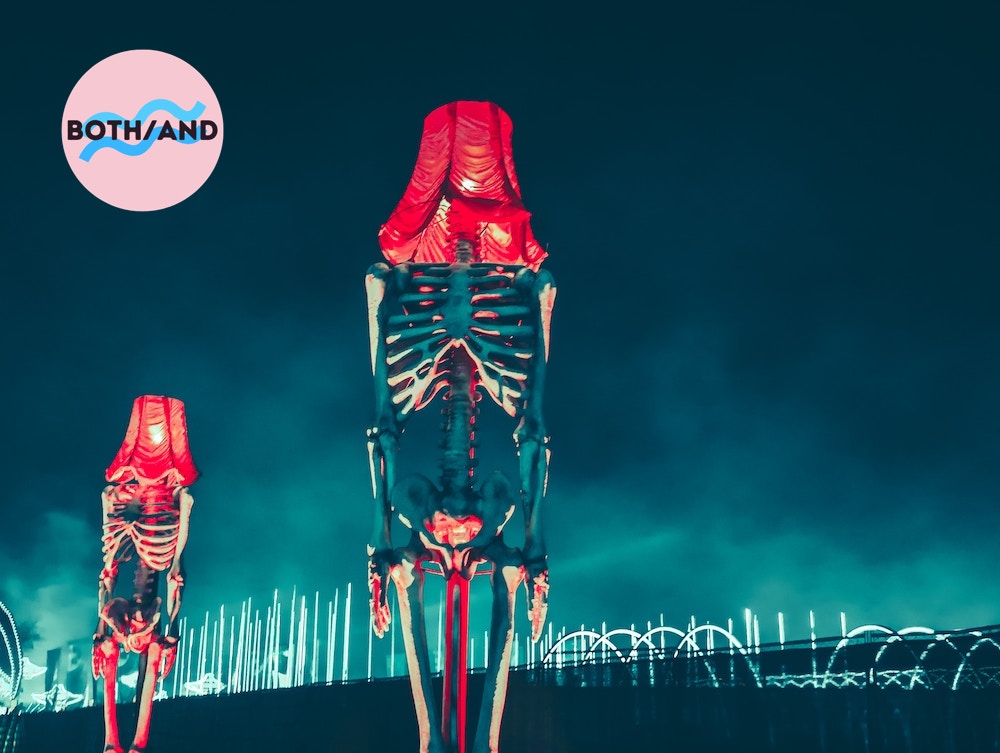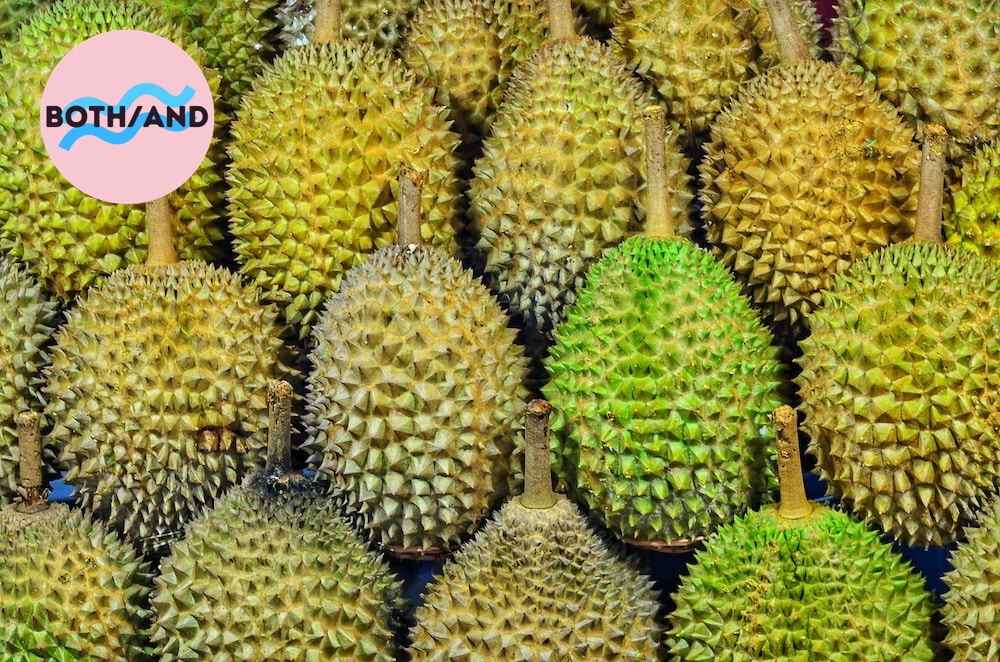Reading Lists
7 Debut Collections That Continue the Lineage of Queer Poetry
This fall, a new wave of poets redefine the meanings of identity, experience, and desire

Poetry has always been queer for me—the first girl I ever kissed used to carry a book of Sylvia Plath poems (you know, as you do when you’re 16). Of the two of them, Sylvia was the one that stuck around—she’s tattooed on me now, alongside Walt Whitman and Ocean Vuong. It was through poetry that I first started to understand myself, and also to understand that I was part of a lineage of queer poetics.
Poetry is particularly suited to the queer experience, more so than any other format, because it is adept at capturing desire, longing, and loss. This desire—for another person, for home and homeland, for joy, for a time when things were simple, for a time when things will be simple, for understanding and connection—manifests in many different ways, all of which can be explored within the breadth of a single poem. Poetry is not bound by plot, nor are queer lives bound to the narrative that cishet hegemony dictates we should follow. Queer people exist, and poetry allows writers to redefine the meanings of this experience; to mold life into something that makes sense for them. We have updated non-inclusive rules of relationships, family, and culture.
One thing is universally true: writing about queerness is a significant act. Queerness is worthy of great art. Writing about the interior lives of queer people, our hopes and sadness and longings, enables us to get closer to the understanding we desire.
So we seek each other out, seek out the voices of those who have come before us and those who stand beside us. We uplift those who are claiming their place in the legacy of queer poetry. My contribution to this conversation is a list of seven debut queer poets I urge you all to read this fall.
Eyes Bottle Dark with a Mouthful of Flowers by Jake Skeets
The poems in this book feel big in that they take up space, like long stretches of cloudless sky. Skeets’ simple lines are highly impactful as they explore the complexities of love, desire and drunkenness and dirt and death. It is a collection full of silences in whitespace, moments that leave you feeling like you’re standing on the edge of a cliff. Skeets’ agility with craft is present in the spaces, the silences, the stretches—and it is incredibly beautiful.
Odes to Lithium by Shira Erlichman
These are undeniably love poems to mental health, chronicling the ups and downs of life with bipolar disorder. Erlichman questions what is “normal” and intricately navigates this lived experience through dealing with parents, doctors, lovers, Björk. With visuals alongside the poems, everything in this collection contains intimate and honest examinations of the stigma and realities of living with bipolar disorder as well as the imaginings of what life would be like, what a person might be like, without it.
HULL by Xandria Phillips
A collection that investigates the experience of Black queer femininity, HULL feels urgent and demands our attention. These poems find intimacy in moments of distress and take up space in our minds as well as on the page. Phillips explores bodies under siege, mental health and shared trauma, the luxury of love, and the beauty of soft, warm moments. In a world that oppresses and stifles, something as simple as folding laundry or sharing a cup of tea becomes incredibly powerful.
HoodWitch by Faylita Hicks
What is the difference between a god and a Gawd? What makes a woman a HoodWitch? Faylita Hicks speaks masterfully on the homespun magic of Black women, women who use “dime store candles” and Florida water to heal their wounds and care for themselves in a world that does not care for them. As much as these poems are battle cries, there is a sadness and a violence to them too. Gawdliness demands sacrifice. HoodWitch is a testament to the lineage of power, vulnerability, and strength.
I Can Hear You, Can You Hear Me? by Nolan Natasha
The poems in I Can Hear You, Can You Hear Me? are sensory memories and slices of queer life—a certain song comes on the radio and puts you right back to where you were when you first heard it, small moments with lovers and friends, snippets of conversation that become meaningful in their simplicity. So much of queer life is about wanting to be seen, heard, and understood; the call awaiting a response. These poems exist in the instant someone picks up the other end of the line, and we feel that connection.
Heed the Hollow by Malcolm Tariq
Any collection that opens with a poem called “Power Bottom” is a winner in my book. And while it quickly becomes clear that Heed the Hollow goes much deeper than just, ya know, bottoming, Tariq’s wit and coolness is present throughout. Taking its place alongside the likes of Danez Smith, Jericho Brown, and Justin Phillip Reed, this collection explores Black queerness—particularly Southern black queerness—with the duality of nostalgia and resentment that comes with writing about home. Tariq is frank about the damage done to Black queer bodies and about the resilience of this experience.
Travesty Generator by Lillian-Yvonne Bertram
I would venture to call this collection “experimental.” Though all poems are experiments in some way, Bertram’s collection is of that unique style that exists more easily on the page than spoken aloud. Yet her poems are full of sound and rhythm and space. This collection builds in energy, in urgency, in anger, leaving the reader breathless. Travesty Generator examines complacency in the digital age, and it feels like we’re peering through a matrix of racism and violence.




